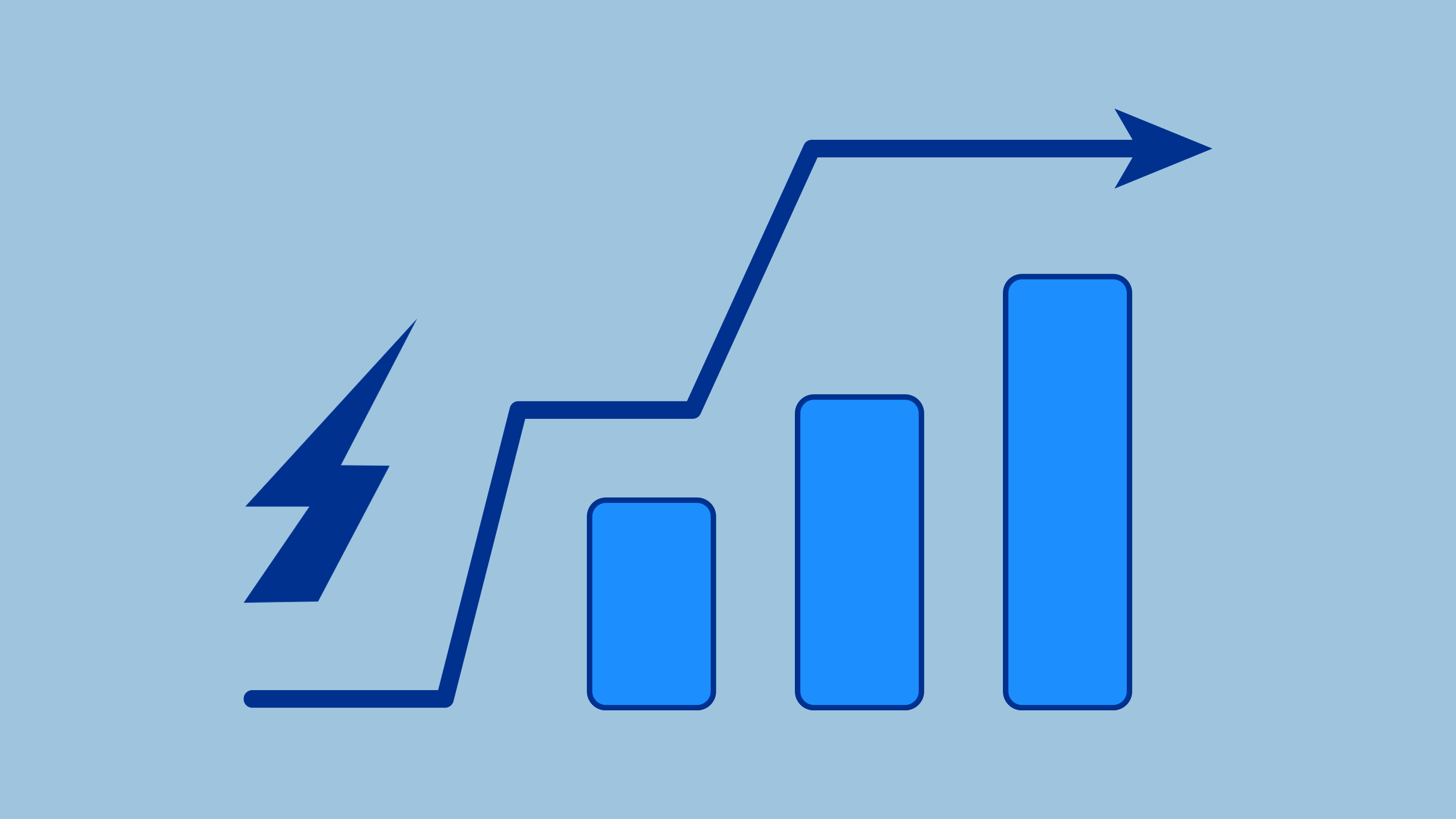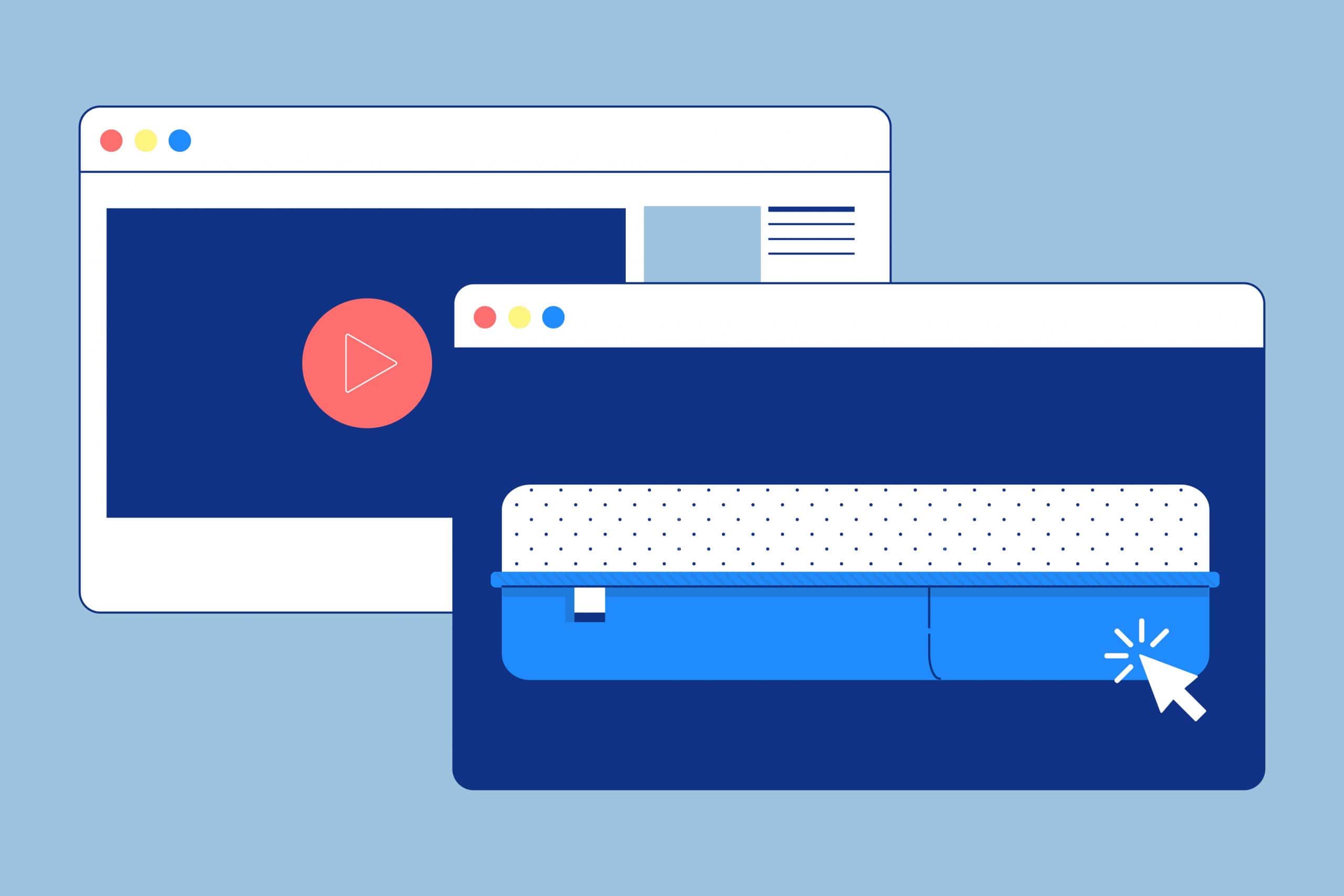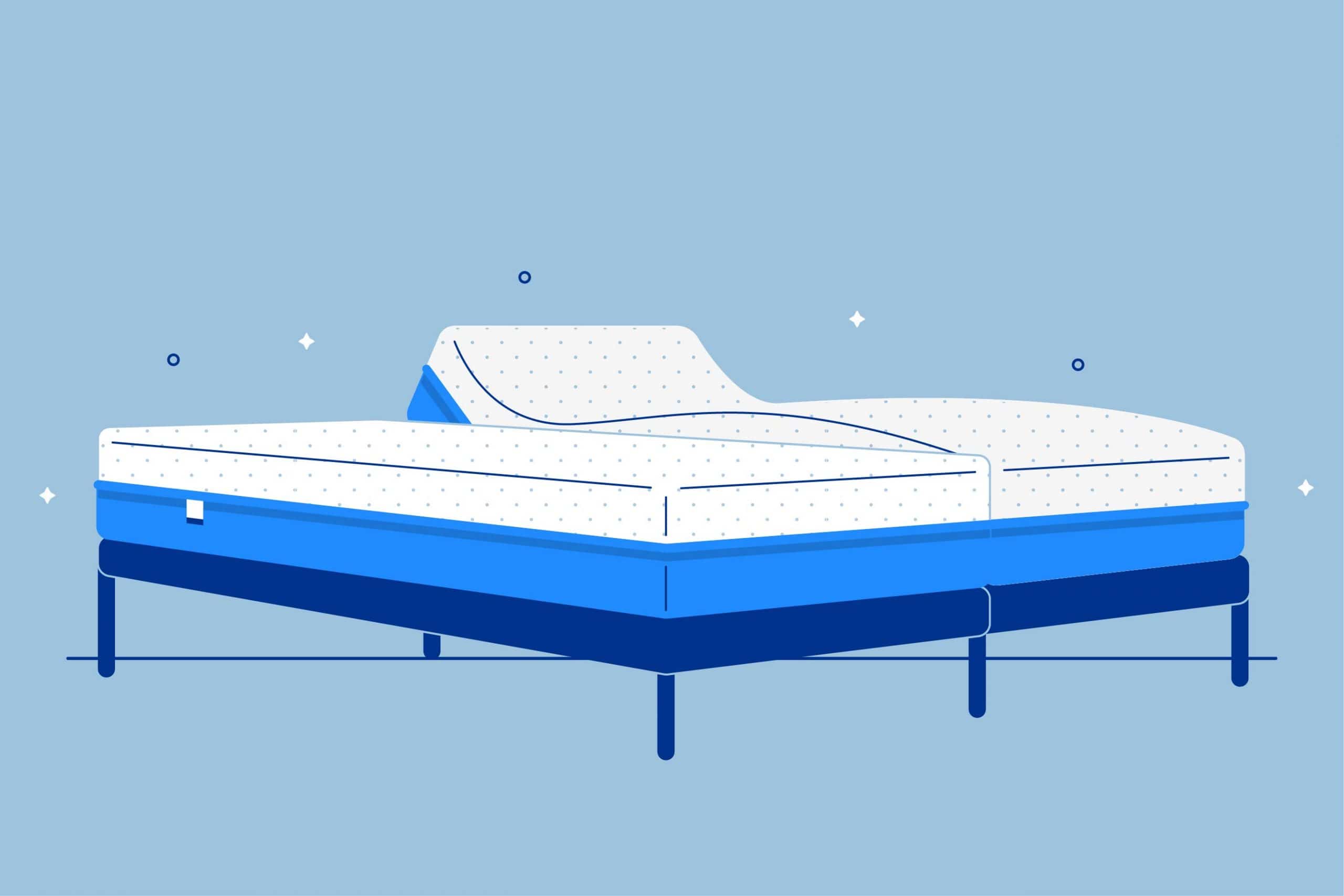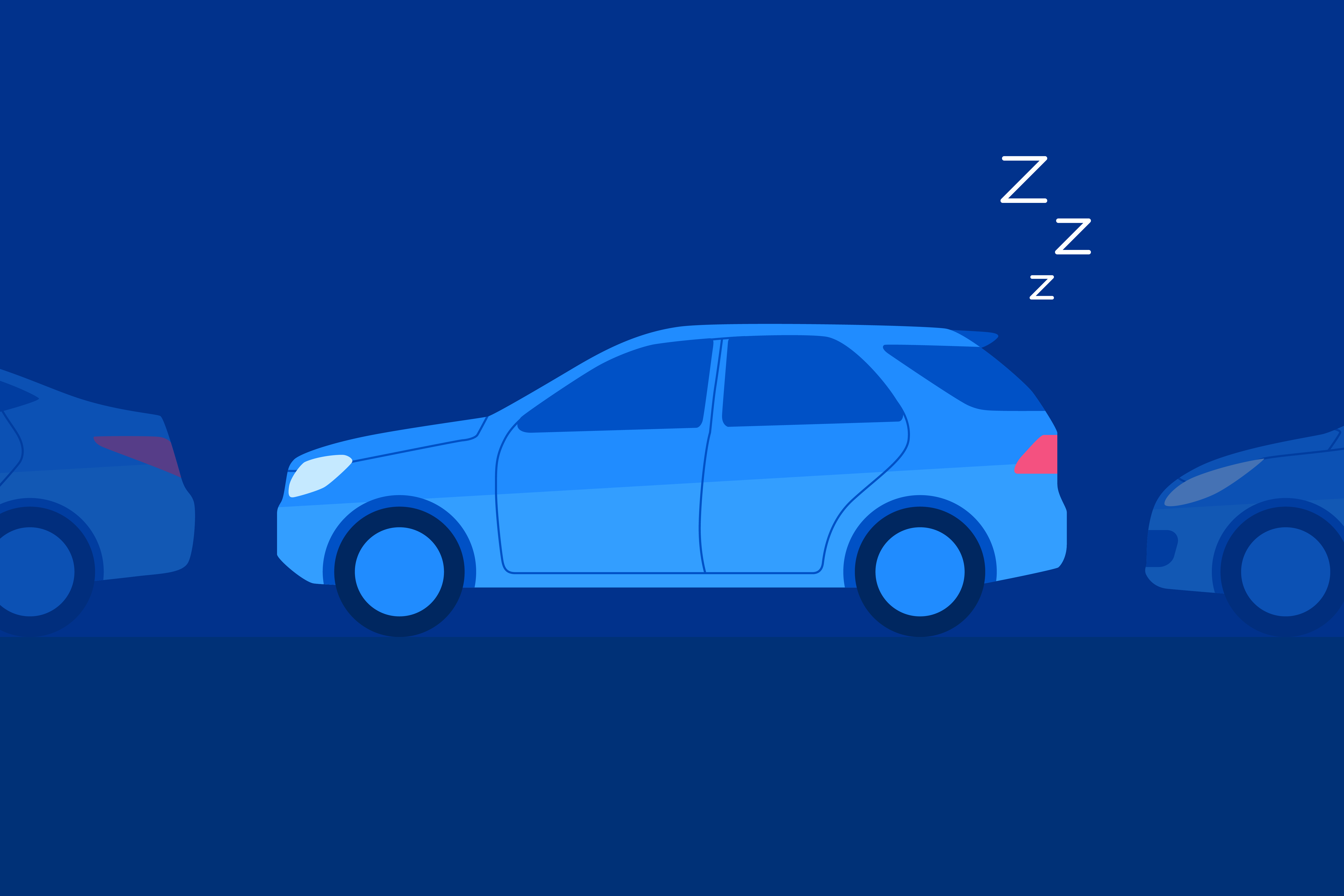Key Takeaways
- Bodily Factors Behind Extra Energy: Melatonin, body temperature, genetics, and adrenal gland function all contribute to our energy levels at night. Melatonin signals sleepiness, and its timing can vary among individuals. Genetics play a role in determining our natural sleep patterns.
- Environmental Factors Behind Extra Energy: Environmental factors, like exposure to artificial light, noise, and screen time, can disrupt circadian rhythms and contribute to nighttime energy. Reducing exposure to artificial light before bedtime and managing noise can aid sleep.
- Psychological Factors Behind Extra Energy: Psychological factors, including stress and stimulating activities before bedtime, can affect nighttime energy levels. Managing stress and practicing relaxation techniques can help improve sleep quality.
The way our bodies regulate sleep and wakefulness is a fascinating phenomenon that involves our biology, environment, and lifestyle. Lack of enough sleep or experiencing daytime sleepiness is often a sign of a disrupted sleep cycle. These patterns can lead to conditions like sleep apnea or other sleep disorders, requiring help from the field of sleep medicine.
However, while many people feel tired as bedtime approaches, ready to succumb to the urge to sleep, others feel a surge of energy come on before bed. Let’s discover the reason why we sometimes have more energy at night.
What Is the Circadian Rhythm?
The circadian rhythm is an internal process that regulates the sleep-wake cycle and repeats with each rotation of the Earth, roughly every 24 hours. For healthy people, circadian rhythm should align with the day-night cycle of the environment, making you feel alert during the day and sleepy at night.
Circadian rhythms influence physiological processes such as brain wave activity, hormone production, cell regeneration, and other biological activities linked to daily cycles of light and darkness. This sleep-and-wake cycle can get thrown off by things like bright lights at night, working weird hours, or having a sleep issue like sleep apnea.
This rhythm, when out of sync, Verified Source National Library of Medicine (NIH) World’s largest medical library, making biomedical data and information more accessible. View source can contribute to insomnia, excessive daytime sleepiness, and even mental health disorders. This highlights the vital role the circadian rhythm plays in our daily energy levels and overall health.
Through the study of sleep medicine, specialists aim to treat such sleep disorders and help individuals achieve a night of restful sleep.
Chronotypes, Night Owls and Morning Larks
Chronotype refers to an individual’s natural inclination for sleep and wake patterns, and it is influenced by our internal circadian rhythm. The differences in sleep patterns between people are fascinating, and there are two chronotypes we want to hone in on.
Some individuals are referred to as ‘Morning Larks,’ naturally feel alert and productive in the early part of the day. These early birds often wake up with the sunrise, finding it easy to adhere to the conventional 9-to-5 schedule. Morning Larks typically feel tired by early evening and go to bed at a time that night owls might consider prematurely early.
On the other hand, ‘Night Owls‘ are individuals who feel a surge of energy and mental acuity as the day winds down. Their body clock does not start ticking until late in the day, and they might not feel sleepy until well past midnight. They often struggle with traditional work and school schedules that demand early morning alertness. Night Owls find their productivity peaking in the later hours when most people are already deep in sleep.
There are also intermediate sleepers, which comprise most of our population. Night Owls and Morning Larks make up a comparatively smaller percentage than they do.
Scientific studies have revealed these variations are not just about habits; they are deeply rooted in our biology. Research in biology and physiology has shown that each person’s sleep schedule and preference for morning or night is partially influenced by genetics. Verified Source National Library of Medicine (NIH) World’s largest medical library, making biomedical data and information more accessible. View source However, how much sleep they need is almost the same.
Some people can function well on how little sleep they get, while others need much sleep to function optimally without feeling tired, reinforcing the fact that sleep needs and patterns are individual. Still, it’s important to remember how much sleep the average adult needs—7 to 9 nine hours.
Biological Factors Behind Higher Energy Levels at Night
Your body has its own “sleep clock” that’s run by hormones, your body’s temperature, and other cool biology stuff. A big part of this is melatonin – it’s like your body’s bedtime alarm that goes off when it gets dark.
Melatonin production signals to our body that it’s time to feel sleepy and start winding down. In Night Owls, this melatonin surge might be delayed, Verified Source National Library of Medicine (NIH) World’s largest medical library, making biomedical data and information more accessible. View source leading to increased alertness in the late evening.
Night Owls may be able to find relief with a low-dose melatonin supplement for sleep, but this isn’t the only factor behind their chronotype. Just like a thermostat, our body temperature, controlled by our sleep-and-wake cycle, can also switch up how energetic we feel. A drop in body temperature signals that it’s time for sleep. However, this decrease may occur later in Night Owls, contributing to their delayed sleep schedule.
Furthermore, genetic predispositions can also influence our sleep environment and energy levels. Certain genes are known to affect our internal body clock and determine whether we are morning larks or night owls.
Interestingly, these genetic influences can even affect the functioning of our adrenal glands, which regulate stress and energy through hormones like cortisol. These elements together create a unique sleep pattern and dictate how and when we feel tired or alert.
To manage these patterns and ensure restful sleep, it’s crucial to understand our body’s unique rhythm, maintain a consistent sleep schedule, and create an ideal sleep environment.
Environmental Factors Behind Night-Time Energy
The environment Verified Source National Library of Medicine (NIH) World’s largest medical library, making biomedical data and information more accessible. View source plays a pivotal role in dictating our sleep patterns and energy levels. One critical environmental factor is exposure to artificial light, especially in the hours leading up to bedtime.
Exposure to artificial blue light can trick our brains into feeling wide awake when it’s time to sleep. This is particularly true with blue light emitted from digital devices like smartphones, laptops, and televisions. The artificial lights from screens trick our bodies into thinking it’s daytime. This messes with melatonin production and can lead to late nights.
Noise is another environmental factor that can significantly impact our sleep. Whether it’s traffic noise from the streets, a loud neighbor, or the sound of a television, these disturbances can prevent us from getting the recommended hours of sleep each night. Blocking out noise can be an essential part of a good night’s rest.
Psychological Factors Behind Higher Energy Levels at Night
Our mental and emotional state significantly influences our sleep patterns and energy levels. Stress and anxiety are two major psychophysiological factors that can affect sleep. When we’re stressed, our body produces cortisol, a hormone Verified Source National Library of Medicine (NIH) World’s largest medical library, making biomedical data and information more accessible. View source that promotes alertness.
Ever been so stressed you can’t sleep? Yeah, stress can make us feel super awake when we should be catching some Z’s.
Daily habits and routines also play a crucial role in our sleep patterns. According to sleep experts, engaging in stimulating activities close to bedtime, such as watching television, working, or intense exercise can lead to Verified Source National Library of Medicine (NIH) World’s largest medical library, making biomedical data and information more accessible. View source higher energy levels at night.
Doing something chill before bed tells your brain it’s time to slow down and helps keep your sleep routine on track. Understanding the impact of these environmental and psychological factors is key to managing our energy levels and ensuring we get sufficient, restful sleep each night. For example, to sleep better while remote working, make sure you stop a few hours before bed to give yourself time to unwind.
Getting a good night’s sleep isn’t just about feeling rested – it’s key for overall health and even fits the sleep advice Verified Source Centers for Disease Control and Prevention (CDC) The United States’ health protection agency that defends against dangers to health and safety. View source from the Centers for Disease Control and Prevention.
How Does Having More Energy at Night Affect Us?
Having more energy at night can significantly influence our productivity, daily routines, and health. For some, the calmness and solitude of the night can provide an excellent environment for productivity, from creative endeavors to undisturbed remote work or study time. But being a Night Owl isn’t always a walk in the park.
Living in a society structured around daytime activity often poses problems for those whose energy peaks at night. Regular schedules for work, school, or social activities may not align with a night owl’s natural rhythm, leading to a constant struggle to adjust and conform.
In terms of health, consistently high energy levels at night can disrupt the quantity and quality of sleep. Not getting enough sleep over the long haul can make us sick, increase the risk of serious health problems like diabetes and heart disease, and mess with our mental health.
How Can We Manage Higher Energy Levels at Night?
Looking to switch up your sleep schedule? Take it slow and adjust your bedtime and wake-up time bit by bit. Small changes, about 15 to 30 minutes earlier each day, can help your body adapt without causing significant disruption.
Maintaining a balanced lifestyle is also important. This includes consistent sleep and wake times, regular meals, and ensuring enough downtime for relaxation. Try to avoid things that wake you up like screens or heavy workouts before bed. These can make it harder to fall asleep. If you’re a remote worker struggling to sleep, make sure you’re doing what you can to switch off after work hours are over.
Still, exercise is key to managing energy levels. Getting some exercise for sleep, especially in the morning or early afternoon, can help set your body feel sleepy at bedtime, toning down those night-time energy bursts.
Diet also plays a crucial role in energy management. Certain foods and drinks, especially ones high in caffeine or sugar, can get your energy buzzing and ruin your sleep if you have them too late. But eating a balanced diet full of fruits, veggies, lean proteins, and whole grains helps keep your energy levels steady all day. Just try not to eat late before bed.
Frequently Asked Questions
How can I become more of a morning person?
Gradually adjust your sleep schedule by setting an earlier bedtime and wake time each day. Try to wake up 15 minutes earlier every day, and consequently go to bed 15 minutes earlier every night. Then once you’re up, expose yourself to natural light in the morning to signal your body to wake up, and establish a calming pre-bedtime routine to facilitate easier sleep at night.
Can ADHD give me more energy at night?
Yes, it is possible for individuals with ADHD (Attention Deficit Hyperactivity Disorder) to experience increased energy and restlessness at night. ADHD is a neurological condition that affects attention, impulse control, and hyperactivity. One of the symptoms of ADHD is difficulty regulating sleep patterns. In other words, ADHD can lead to sleep disturbances and a delayed sleep-wake cycle.
People with ADHD Verified Source National Library of Medicine (NIH) World’s largest medical library, making biomedical data and information more accessible. View source may find it challenging to wind down and relax at night due to their hyperactive tendencies and racing thoughts. As a result, they may experience a surge in energy during the evening and night hours, making it difficult for them to fall asleep at a regular bedtime.Can anxiety raise nighttime energy levels?
Yes, anxiety can raise nighttime energy levels and contribute to difficulty falling asleep or staying asleep. When experiencing anxiety, the body’s stress response is activated, leading to the release of stress hormones like cortisol and adrenaline. These hormones can increase alertness and vigilance, making it challenging to relax and fall asleep.
Anxiety can cause racing thoughts, worry, and restlessness, which can keep the mind active and prevent it from settling down for sleep. People with anxiety may find themselves lying awake in bed, unable to switch off their minds, leading to delayed sleep onset. Physical symptoms such as increased heart rate, muscle tension, and shallow breathing can further exacerbate the feeling of restlessness and prevent relaxation.
What can I do with my energy at night for better sleep?
Instead of high-energy or stimulating activities, opt for calming and relaxing activities before bedtime. Reading a book, taking a warm bath, and practicing gentle stretches can help you unwind and prepare your mind for sleep.
To limit the stressful driving thoughts behind many bursts of nighttime energy, find healthy ways to manage stress and anxiety during the day. Try exercise, relaxation techniques, or talking to a supportive friend or family member. Reducing stress can help you feel more relaxed and prepared for sleep at night.
How does diet affect my energy levels at night?
Your diet plays a crucial role in energy regulation. Consuming foods high in sugar or caffeine, especially late in the day, can cause energy spikes that disrupt sleep. On the flip side, a well-balanced diet with plenty of protein, fiber, and complex carbs helps keep energy steady.
Conclusion
The regulation of sleep and wakefulness is a complex interplay of biological, environmental, and psychological factors. Some individuals experience increased energy at night due to their biological chronotype, affecting when their circadian says it’s time to fall asleep. This genetic disposition along with stress, daily habits, and exposure to artificial light can also impact our sleep-wake cycle and contribute to nighttime restlessness.
About the author
Geoff McKinnen is a writer focusing mainly on the healthcare industry and has written articles on everything from foods to help you lose weight to the connection between Alzheimer’s and sleep. Geoff’s passionate about helping readers improve their well-being to lead happier lives. Outside of work, Geoff enjoys cycling and hiking and believes that by leading a healthy lifestyle, he can help others do the same.
View all posts





